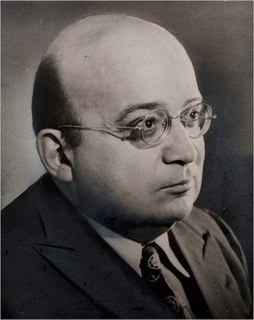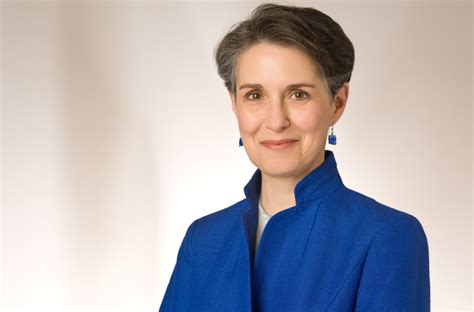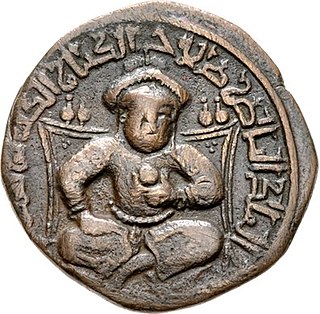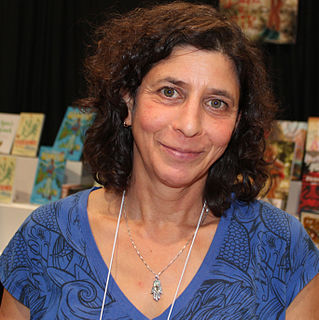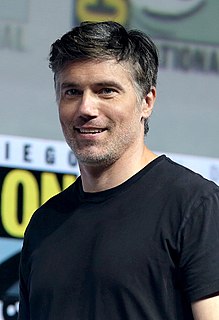A Quote by A. J. Liebling
The country's present supply of foreign news depends largely on how best a number of dry goods merchants in New York think they can sell underwear.
Related Quotes
Number one, we need to get in shape, number two we need to shoot, number three, we need to learn self-defense, and number four, we need to study small-unit tactics... If you do not have 5,000 rounds of .223, 5,000 rounds of .22 and 1,000 rounds of handgun ammo, as a MINIMUM, you're wrong. We need to train our families how to shoot as well. We need to get food. We need to have a year's supply of food, two years supply of seeds, we need to have a year's supply of sundry items. That's what it means to be an American. We prepare for the worst but hope for the best.
The New York book was a visual diary and it was also kind of personal newspaper. I wanted it to look like the news. I didn’t relate to European photography. It was too poetic and anecdotal for me… the kinetic quality of new york, the kids, dirt, madness—I tried to find a photographic style that would come close to it. So I would be grainy and contrasted and black. Id crop, blur, play with the negatives. I didn’t see clean technique being right for New York. I could imagine my pictures lying in the gutter like the New York Daily News.
Being in New York as a whole, Brooklyn as well, you can do anything you want. That's by far the best part about New York, besides just the hustle and grit and grind of Brooklyn specifically, but the best food. Anybody you want to get in contact with, odds are if they don't live in New York, they're passing through New York at some point in time.
Foreign policy is about trying to deliver for them the best possible economic benefits, the chance to travel, to study, to work, the opportunity through trade to be able to sell their goods and services and as much peace and security so they can live and bring their kids up so they don't have to fear war.
It's a chicken-and-egg thing. You could send cards to everyone in San Francisco, but if the merchants don't have the terminals, what's the point? What you need is a cooperative effort with merchants in a metropolitan area to create a tipping point where you can justify advertising and merchants are willing to attempt this new payment system.
